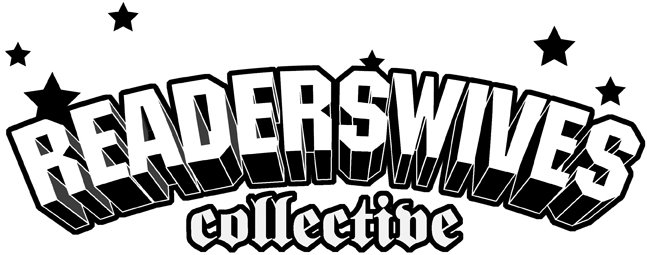Rahsaan Roland Kirk, live in London at Ronnie Scott's Jazz Club, from "Sound??" 1966, HEAVY!!!!
Preferring to lead his own groups, Rahsaan Roland Kirk rarely performed as a sideman, although he did record with arranger Quincy Jones (search youtube for Rahsaan Roland Kirk and Pedal Up, which has a Quincy Jones intro, it’s amazing), Roy Haynes and had especially notable stints with Charles Mingus. He played the lead flute and solo on Jones' Soul Bossa Nova, a song popularized in the Austin Powers films.
His playing was generally rooted in soul jazz or hard bop, but Kirk's knowledge of jazz history allowed him to draw on many elements of the music's history, from ragtime to swing and free jazz. Kirk also regularly explored classical and pop music by composers such as Smokey Robinson or Burt Bacharach as well as his beloved Duke Ellington, John Coltrane and the other classics of jazz.
His main instrument was the tenor saxophone, supplemented by other saxes, and contrasted with the lighter sound of the flute. At times he would play a number of these horns at once, harmonising with himself, or hold a note endlessly by using circular breathing, or play the flute through his nose. All this, plus the fact that many of instruments were exotic or even home-made gave him a reputation as a vaudeville showman but the music, even with two or three saxophones in his mouth at once, was intricate, powerful jazz with a strong feeling for the blues.
Kirk was also very political, using the stage to talk on black history, civil rights and other issues, which he was always capable of tipping over into high comedy. Genius.
Rahsaan Roland Kirk was also blind, he went blind at an early age due to poor medical treatment.
Stevie Wonder – Superstition (live on Sesame Street)
It doesn't get much better than this....Seven minutes of genius on a kids TV show, just watch that kid rock out at the start. The RWC crew are going mental for this video. Too too good, if only kids TV was still this good.
Blind from infancy, Wonder signed with Motown Records as a pre-adolescent at age twelve, and continues to perform and record for the label to this day. He has nine U.S. number-one hits to his name and album sales totaling more than 100 million units. Wonder has recorded several critically acclaimed albums and hit singles, and writes and produces songs for many of his label mates and outside artists as well. A multi-instrumentalist, Wonder plays the piano, synthesizer, talk box, harmonica, congas, drums, bongos, bass guitar, organ, melodica, and clarinet.In his early career, he was best known for his harmonica work, but today he is better known for his keyboard skills.Lead Singer of The Supremes, Diana Ross, once called Wonder, "Motowns musical genius."
Raul Midon – State Of Mind live on Jools Holland
Midón was born prematurely in a rural hospital in Embudo, New Mexico to parents of Argentine and African American descent. His father was a dancer from Argentina. Midón and his twin brother Marco (now a NASA engineer) were blinded as infants after spending time in an incubator without adequate eye protection. The sounds of music became integral to Midón's life around age 4, when his father introduced him to the drum. Midón became an avid music lover and learned how to play the guitar while performing in rigorous educational programs, first at a school for the blind and then an elite Santa Fe academy while completing his last two years of high school. Midón then attended the University of Miami, which he selected for its prestigious jazz curriculum. Raul Midon can also drop the dopest vocal trumpet ever. Genius.
Ray Charles - Georgia on my Mind, absolutely beautiful.
When he was six Charles began to go blind. He finally became totally blind by the age of seven. Charles never knew exactly why he lost his sight, though there are sources which suggest his blindness was due to glaucoma. He attended school at the St. Augustine School for the Deaf and the Blind in St. Augustine, Florida. He also learned how to write music and play various musical instruments. While he was there, his mother died followed by his father two years later.
Before he left school, Charles began working as a musician in many bands that played in various styles, including jazz and, in Tampa “with a hillbilly band called The Florida Playboys."
There’s too much to write about Ray Charles but trust us when we say he was a genius.

No comments:
Post a Comment